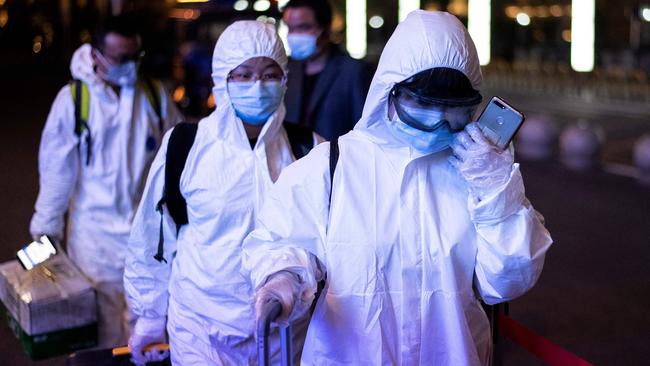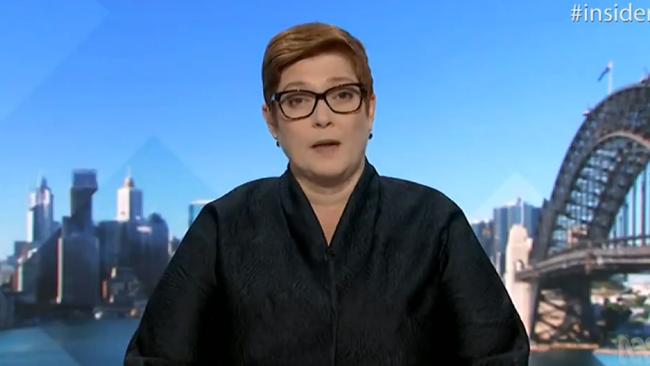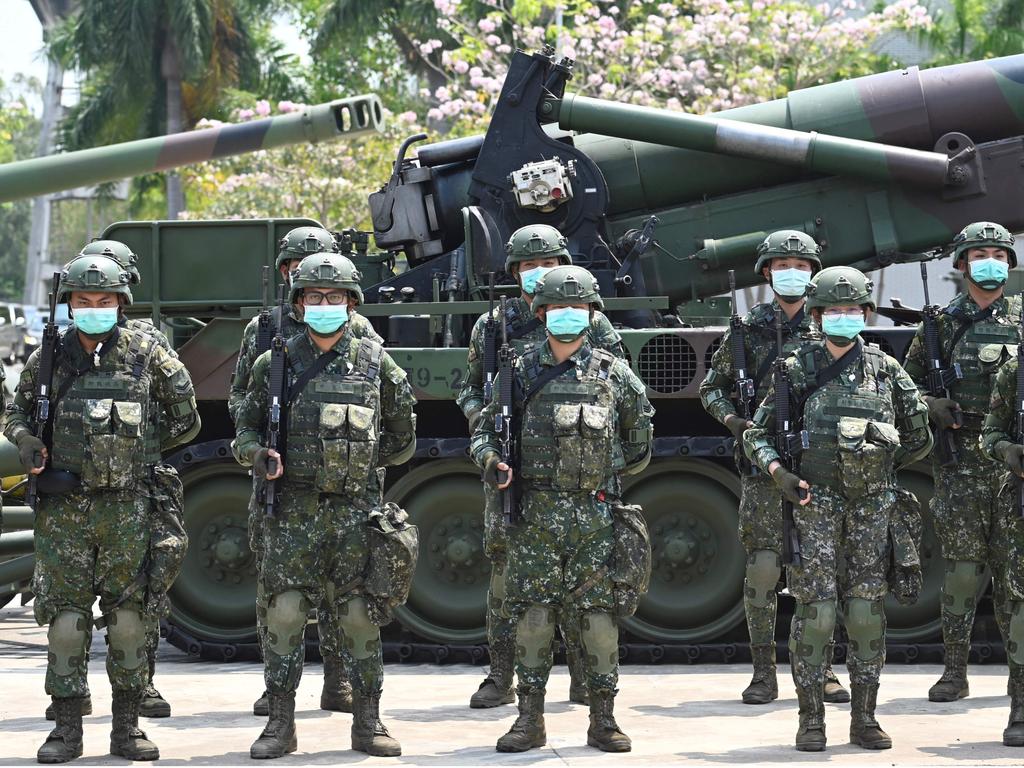Businesses that rely on China need to think about plan B

It’s very early days, and impossible to tell how much of a change we’re talking about, but it seems safe to predict that life isn’t going to be the same in future.
If we thought Australian businesses were heading into a tricky place when the United States and China were just engaged in a fairly uncomplicated trade skirmish, that could be a picnic compared to what’s coming.
Sunday’s interview with Foreign Minister Marise Payne on the ABC was extraordinary.
She not only, in effect, called for a kind of royal commission into the origins of COVID-19 in Wuhan and China’s handling of it, knowing that Beijing would vehemently resist it, she came close to calling her Chinese counterpart a liar and basically called the World Health Organisation a gamekeeper turned poacher because of its relationship with China.
This was not some off-the-cuff doorstop, but a set-piece statement of government policy from the foreign minister, and the bottom line from it was that Australia’s trust in China now depends on the outcome of an independent review “to get to the bottom” of what happened.
“The international community wants the same thing,” she said.
Indeed it does want that, and it wants to know what’s going on with China’s wet wildlife markets. As Marise Payne said in the interview: “…we have expressed our concerns about the opening up of wildlife wet markets in that context. We would be very, very careful to ensure that all health precautions could be taken. As they operate currently, I think it’s dubious as to whether that is possible, so that has to be an ongoing question.”

China has always bristled at outside interference and this is unlikely to be any different. It has already been trying to shut down criticism by arresting those who spoke out about its earlier cover-up of the disease and has conducted a global propaganda campaign to raise doubts about the origins of the virus in Wuhan.
And it is now starting to be widely asserted, including in this newspaper on Saturday by Peter Jennings, executive director of the Australian Strategic Policy Institute and a former deputy secretary for strategy in the Defence Department, that China is trying to use the crisis to advance its geopolitical ambitions, especially in relation to Taiwan.
Peter Jennings wrote: “I anticipate a dangerous situation arising over Taiwan as Xi Jinping seeks to seize a strategic advantage while the US remains dangerously incapacitated.”
If he’s right, we’re entering very precarious waters for Australia’s China-reliant businesses, not to mention the entire Australian economy – which is basically, let’s face it, a China-reliant business.
And what makes it much more complicated and treacherous than the US-China trade war over the past couple of years is that this isn’t simply a political adventure by a populist antitrade US President. The problem this time lies chiefly with China.
Unlike with the trade war, the rest of the world is likely to be on the American side this time, and China is in danger of becoming a global pariah, not so much for being the source of the virus but for going for its usual cover-up first methods, and not being fully transparent all along.
Marise Payne was pretty clear about it on Sunday: “…we believe transparency is essential. We have a relationship with China which is well founded. It has, underpinning it, a comprehensive strategic partnership with five key pillars. But all of these things will need to be reviewed…
“I think that relationships all around the world will change, and I do think that relationships between China and its partners, Australia and China, will be changed in some ways.”
Complicating things further is the collapse in the Chinese economy, earlier but no less catastrophic than the rest of the world.
Ever since China started measuring quarterly GDP in 1992, growth has been above 6 per cent annualised. After the GFC the Chinese authorities said 8 per cent growth was needed to prevent social unrest; more recently, with the slowdown in exports, that was revised down to 6.5 per cent.
In the March quarter GDP fell 6.8 per cent. Most analysts are forecasting a quick rebound, but that obviously depends on no further coronavirus outbreaks.
The tried and trusted method of distracting one’s citizens from economic hardship is a burst of belligerent nationalism, up to and including starting a war. Peter Jennings thinks that means Taiwan.
For Australian businesses that have China as their plan A that means they should start thinking about plan B.
* Alan Kohler is Editor in Chief of Eureka Report






It’s becoming clear that Australian businesses that make their living selling to, or buying from, China will need to prepare for some significant change in the relationship between the two countries.